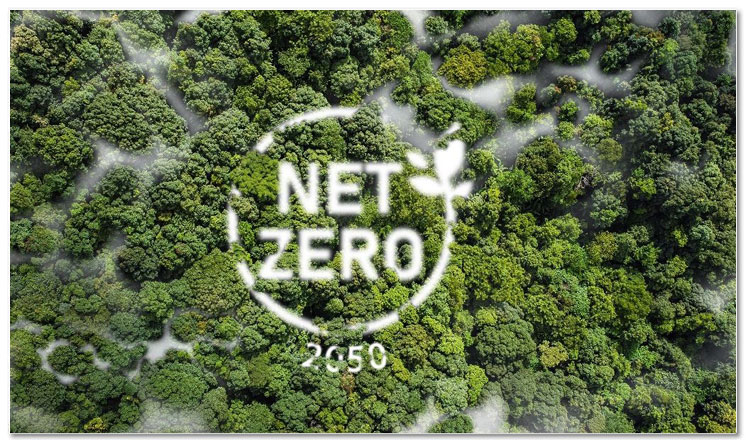Global net-zero emissions by 2050 possible but with urgent action
INSIGHTS
IEA Net Zero Roadmap reveals that limiting global warming to 1.5 degrees Celsius is achievable but requires rapid action and international cooperation.
The roadmap outlines plans for tripling renewable energy, boosting energy efficiency, and reducing fossil fuel demand, while emphasising an equitable global transition.
Delays could make targets unattainable.

Driving greenhouse gas emissions from the world’s energy sector to net zero and limiting global warming to 1.5 degrees Celsius remains possible due to the record growth of key clean energy technologies, though momentum needs to increase rapidly in many areas, according to a new edition of the International Energy Agency’s (IEA) landmark Net Zero Roadmap.
The roadmap emphasised the need for increased ambition and stronger international cooperation to achieve global climate goals, as per IEA.
Despite increased investment in fossil fuels and persistently high emissions, record growth in solar power capacity and electric vehicle sales indicate that achieving net-zero emissions by mid-century is still attainable. These technologies alone are expected to contribute one-third of the emissions reductions needed by 2030. Moreover, the role of yet-to-be-commercialised technologies in emissions reduction has fallen from nearly 50 per cent in 2021 to around 35 per cent in the 2023 update.
For bolder action, the updated roadmap calls for a tripling of global renewable power capacity and doubling the annual rate of energy efficiency improvements by 2030. Additionally, it advocates for a 75 per cent reduction in energy sector methane emissions and a sharp rise in electric vehicles and heat pumps sales. These strategies are based on proven and often cost-effective technologies, which are projected to deliver over 80 per cent of the necessary emissions reductions by the end of the decade.
The roadmap also stresses the need for an equitable transition, taking into account national circumstances. For example, advanced economies should reach net zero sooner to allow emerging and developing economies more time. The pathway also seeks to provide modern forms of energy to all by 2030, requiring an annual investment of nearly $45 billion—just over 1 per cent of energy sector investment.
However, most countries need to advance their targeted net zero dates and significantly increase investments, especially in emerging and developing economies. Global clean energy spending is expected to rise from $1.8 trillion in 2023 to $4.5 trillion annually by the early 2030s.
In the updated scenario, fossil fuel demand would fall by 25 per cent by 2030 and by 80 per cent by 2050. This eliminates the need for new long-lead-time upstream oil and gas projects, as well as new coal mines and unabated coal plants. However, investments are still needed for some existing oil and gas assets.
The report further emphasises the importance of more resilient and diverse supply chains for clean energy technologies and critical minerals. International cooperation is key, as failure to escalate efforts between now and 2030 could create additional climate risks and would make the 1.5 degrees Celsius target dependent on unproven carbon removal technologies.
The report warns that delaying action could result in nearly 5 billion tonnes of carbon dioxide needing to be removed from the atmosphere annually during the second half of this century, making it impossible to return global temperatures to 1.5 degrees Celsius if such technologies fail.
“Keeping alive the goal of limiting global warming to 1.5 degrees Celsius requires the world to come together quickly. The good news is we know what we need to do, and how to do it. Our 2023 Net Zero Roadmap, based on the latest data and analysis, shows a path forward,” said IEA executive director Fatih Birol. “But we also have a very clear message: strong international cooperation is crucial to success. Governments need to separate climate from geopolitics, given the scale of the challenge at hand.”




